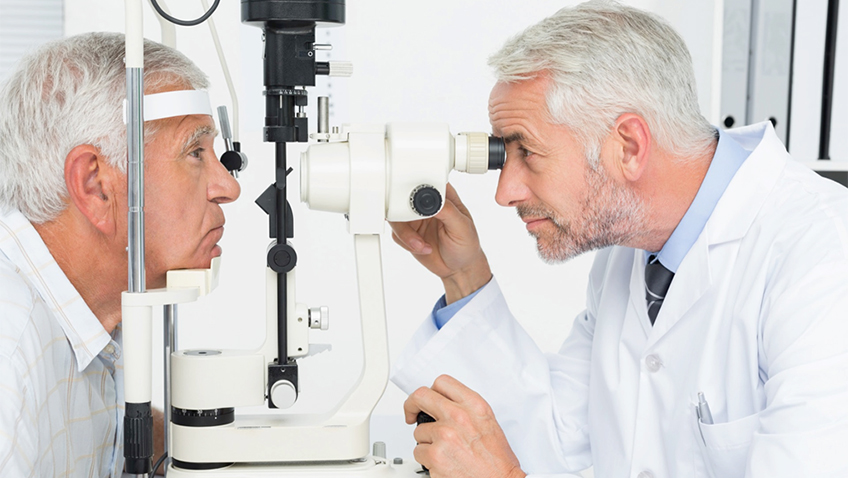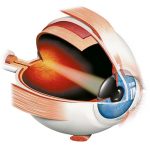Two million people in the UK are living with sight loss that is severe enough to have a significant impact on their daily lives. Of people over 60, 96% will require some form of vision correction.
This year’s National Eye Health Week (NEHW) will take place from 24 to 30 September, 2018, and aims to promote the importance of eye health and the need for regular sight tests for all. A large proportion of sight loss is avoidable if detected and treated early.
Sight is the sense that people most fear losing, yet many people don’t know how to look after and protect their eyes. Having regular sight tests is essential. However, more than four million older people miss out on vital sight tests every year, despite the fact that sight tests for the over 60s have been free on the NHS since April 1999.
Test
A simple sight test could help improve quality of life and can detect early signs of conditions like glaucoma, which can be treated if found soon enough. Vision Matters recommend that people over 60 should have their eyes checked every two years and people over 70 should have theirs checked annually, unless recommended otherwise by their optometrist. If you have reduced mobility, ask your optometrist about sight tests in your own home.
Making positive lifestyle changes can also reduce the risk of developing eye problems. A diet rich in antioxidants can help prevent retinal damage and improve eye health. Foods such as leafy greens like kale and spinach, brightly coloured fruit and veg including corn, carrots, orange sweet peppers and oranges, oily fish like salmon, tuna and mackerel, broccoli and eggs are all recommended.
In addition, taking regular exercise can be beneficial. Not doing enough exercise contributes significantly to some eye conditions, particularly amongst people aged 60 and over. Exercise may reduce the risk of sight loss from narrowing or hardening of the arteries, high blood pressure and diabetes.
Alcohol and smoking should be avoided and you should always protect your eyes from the sun by wearing sunglasses that have the CE mark on them which ensures that they are giving you the right level of ultraviolet protection. Never look at the sun directly.
It is worth being aware of some of the more common eye problems. According to Vision Matters, in addition to conditions such as long- and short-sightedness, there are a number of eye conditions that are age-related.
Age-related Macular Degeneration (AMD), impairs your central field of vision and is Britain’s leading cause of blindness affecting an estimated 600,000 people across the UK.
Glaucoma is a condition that affects the optic nerve and disturbs your peripheral vision. If left untreated it can lead to total loss of sight.
Cataracts
26% of all cases of sight loss in people aged 75 and over is due to untreated cataracts. Cataracts are when the lens, a small transparent disc inside your eye, develops cloudy patches. Cataracts often develop slowly and can affect one or both eyes. Symptoms may include faded colours, blurry vision, trouble with bright lights, and difficulty seeing at night or in low light.
Dry Eye is a condition where the tear glands are not creating enough, or creating poor quality liquid to keep the eyes lubricated and comfortable. Dry eye is the most common cause of eye irritation in people aged 65 and over.
Presbyopia is a natural part of the ageing process. It occurs when the crystalline lens in the eye loses its flexibility and makes it more and more difficult to focus on close objects.
If you are not up to date with your eye tests, or if you have any concerns about your eyes or vision, book an eye test as soon as possible. For more information about National Eye Health Week, visit: www.visionmatters.org.uk





